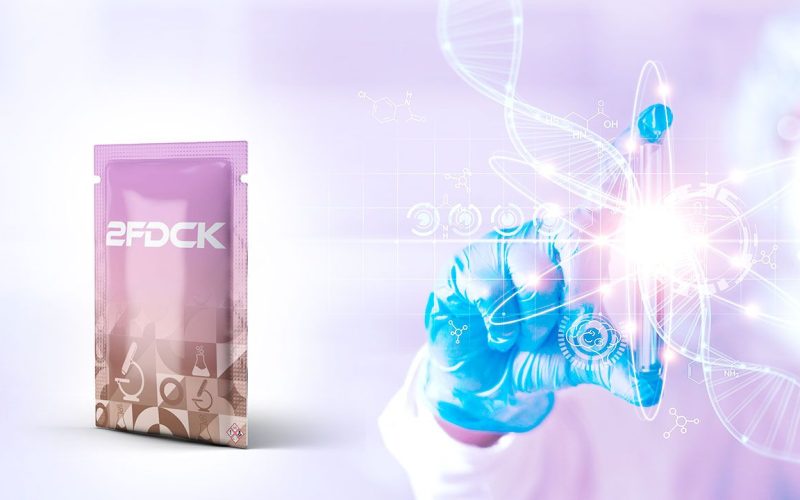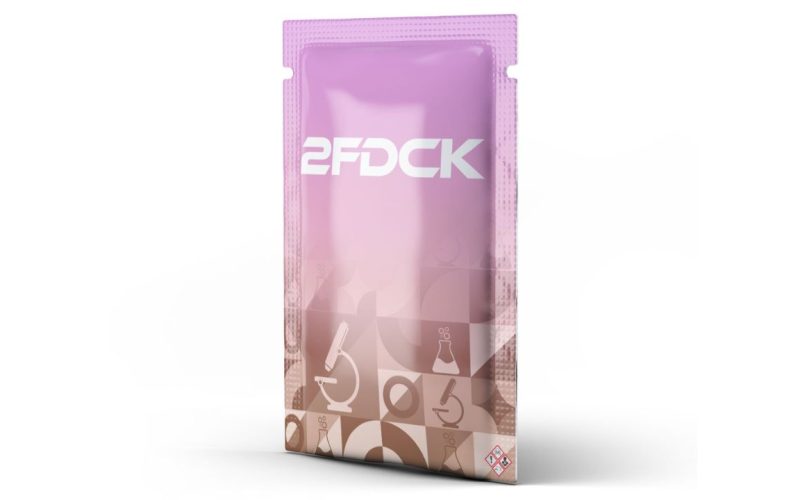2FDCK and Alcohol
Empower your research with Aimimichem’s trusted and tested chemicals. Excellence in every compound. Start your journey to discovery now!
We only sell our products to customers aged 18 years or over, for purposes of research only.

Mixing Dangers: The Alarming Interaction of 2FDCK and Alcohol
In the realm of research chemicals, 2-Fluorodeschloroketamine (2FDCK) holds a significant place due to its structural similarity to ketamine, a substance widely studied for its psychoactive properties. However, when combined with alcohol, the risks associated with 2FDCK magnify substantially. This article aims to explore the hazardous interactions between 2FDCK and alcohol, focusing on the pharmacological implications, potential health risks, and why such combinations are discouraged in the realm of responsible research.
Pharmacological Interactions
2FDCK acts primarily as an NMDA receptor antagonist, which means it blocks the activity of the NMDA receptors in the brain. These receptors play a crucial role in mood regulation, pain perception, and the formation of memories. Alcohol, on the other hand, is a depressant that affects the central nervous system, influencing GABA receptors to reduce neuronal excitability and increase the effects of the inhibitory neurotransmitter GABA.
When alcohol is consumed in conjunction with 2FDCK, there is a compounded depressant effect on the central nervous system. This can lead to an unpredictable potentiation of both substances’ sedative effects. The danger lies in the fact that both substances independently cause respiratory depression, and their combination can exacerbate this effect, potentially leading to severe respiratory distress or even failure.

Health Risks
The health risks associated with mixing 2FDCK and alcohol are considerable and varied:
Respiratory Depression: As both substances can depress the central nervous system, their combination can lead to significantly impaired breathing, which in severe cases, can be fatal.
Increased Toxicity: Combining 2FDCK with alcohol can increase the likelihood of acute toxicity, leading to organ damage, particularly in the liver and kidneys, which are primarily responsible for metabolizing these substances.
Impaired Cognitive Functions: The cognitive effects can include severe disorientation, confusion, and an inability to make sound judgments, which may increase the risk of accidents and injuries.
Psychological Distress: Users may experience heightened psychological effects such as paranoia, anxiety, and depression, which can be more intense than when either substance is used alone.
We only sell our products to customers aged 18 years or over, for purposes of research only.
Legal and Safety Concerns
In many regions, including the Netherlands, where stringent laws govern the distribution and research of chemicals like 2FDCK, combining such a substance with alcohol falls into a gray area of legality and safety. From a research standpoint, the unpredictable nature of the combination makes it a poor candidate for study under controlled conditions, complicating the legal and ethical implications of its use.
Guidelines for Researchers
For researchers working with compounds like 2FDCK, it is crucial to adhere to the highest standards of safety and compliance with local regulations, such as the REACH regulations in the Netherlands. Research should be aimed at understanding the isolated effects of 2FDCK, avoiding any combinations that could lead to hazardous outcomes. Research chemicals should be handled with care, keeping in mind that they are intended for in vitro studies and not for human consumption.

Conclusion: 2FDCK and Alcohol
The interaction between 2FDCK and alcohol represents a significant risk, not only to the individual’s health but also to the integrity of research practices. For those studying the effects of psychoactive substances, it’s vital to conduct research responsibly, ensuring that findings contribute to a broader understanding of such chemicals in a safe and controlled environment. Mixing 2FDCK with alcohol is a dangerous cocktail that offers no benefit either to science or safety, highlighting the need for awareness and education in the handling of all research chemicals.
Have Any Questions
We've answers
Combining 2FDCK, a research chemical, with alcohol significantly increases the risk of respiratory depression, heightened toxicity, and impaired cognitive functions. These interactions can lead to severe health complications, including potential fatal outcomes.
Aimimichem sells 2FDCK exclusively for research purposes under controlled conditions. Researchers planning to study the interaction of 2FDCK with alcohol must ensure compliance with all relevant safety guidelines and legal regulations, and must not involve human testing.
We only sell our products to customers aged 18 years or over, for purposes of research only.


